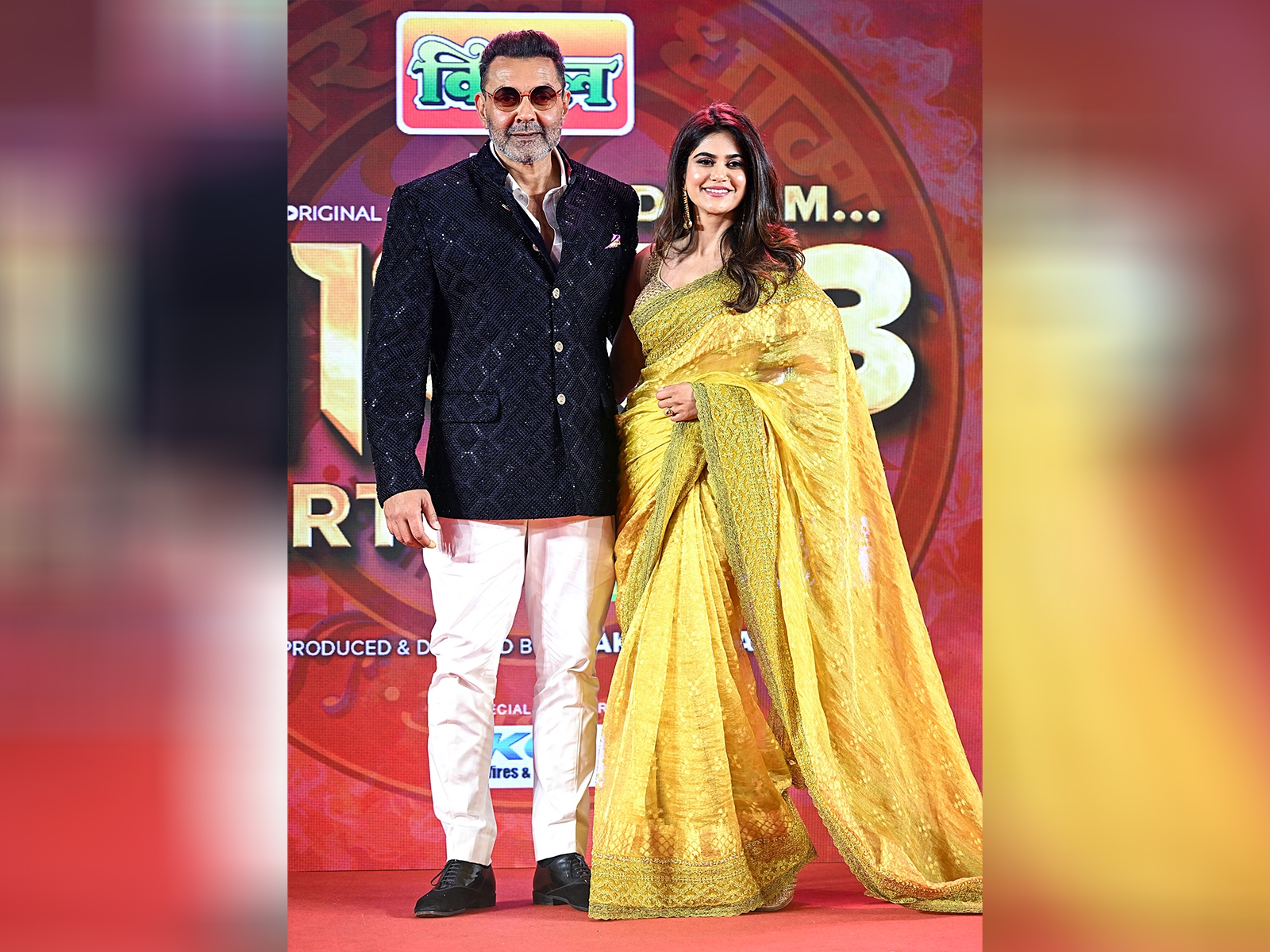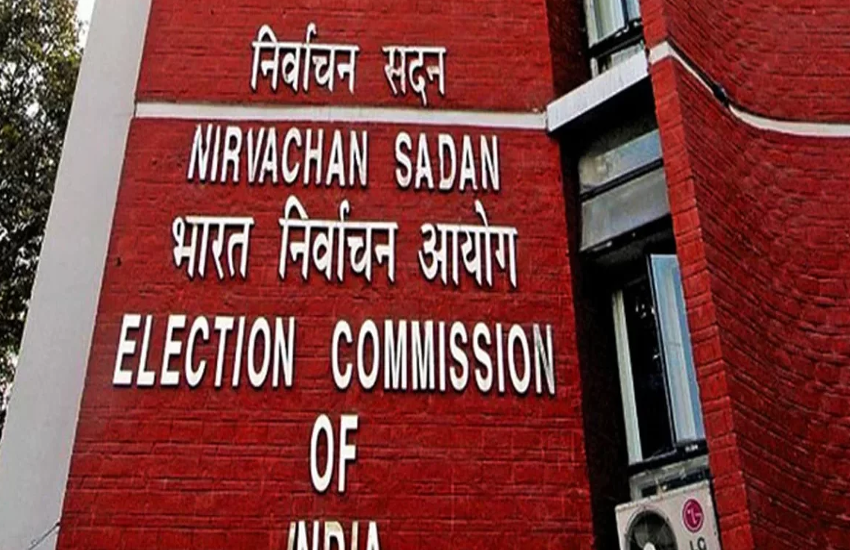DDCA muck: the questions facing the Subramaniam panel and their answers

The war
- Delhi CM Arvind Kejriwal has started a political war with Union Finance Minister Arun Jaitley
- It relates to various allegations of corruption, which happened when Jaitley was DDCA president
The legal tussle
- Jaitley has filed a defamation suit worth Rs 10 crore against Kejriwal and his associates
- Kejriwal has appointed an inquiry commission headed by former solicitor general Gopal Subramaniam
More in the story
- Apart from corruption, what other ills plague the DDCA?
- Can the Subramaniam panel fix all the problems?
There's a certain charm that cricket grounds around the world exude. Be it the Melbourne Cricket Ground, Lord's, Eden Gardens, Wanderers or Basin Reserve, there's always the feeling that something hallowed has happened on this turf before.
Sadly, the on-field history of Delhi's Ferozeshah Kotla is often overshadowed by the stench of its parent DDCA's actions. When you walk through the main portal of the Kotla, you are assaulted by many offices that house power-wielding officials, but first question that occurs to you is - why is it all so dingy?
Read: The miracle that is the DDCA. Or why Kejriwal is going after Jaitley
Now, the source of the stench is out in the open. The long history of alleged corruption within the Delhi and District Cricket Association is under the public scanner, and a political war has broken out between anti-corruption crusader-turned-Delhi CM Arvind Kejriwal and the Congress on one side, and the former president of the DDCA and current Union Finance Minister Arun Jaitley and (most of) the BJP on the other.
Jaitley has sued Kejriwal and his associates in a defamation suit for Rs 10 crore, while Kejriwal has appointed a commission under the chairmanship of former solicitor general Gopal Subramaniam to look into the allegations of corruption.
No magic wand
Whatever its terms of reference may be, the Subramaniam panel may or may not be able to fix all of them. After all, the DDCA is a company under Section 25 of the Companies Act, not a public body. As such, a Delhi government-appointed panel may not have jurisdiction over the DDCA.
Then there's the question of cricketing matters. Whether there is proof of corruption or not, there are a lot of other ills that have plagued the DDCA over the decades. There's no magic wand for setting all these things straight. But there is always hope.
The fact remains that the DDCA is a company under Section 25 of the Companies Act, not a public body
Maybe a high-powered panel, comprising representatives of the BCCI, the Delhi cricket fraternity and eminent persons from society, can restructure the DDCA.
Either way, whether through the Subramaniam panel, or through a hypothetical panel of experts, the following questions need to be asked, and solutions found. After all, cricket must take precedence at all times, for the sake of the players and the fans that make the game what it is.
Has there been corruption or not?
The whistleblower in this case belongs to Jaitley's own party. BJP MP and former India cricketer Kirti Azad has been Jaitley's bete noire for years now, always ready with difficult questions and documents to back up his allegations of corruption.
Azad has also been tweeting strange things against Jaitley from his Twitter account, which he then claimed had got hacked, and faces disciplinary action from the party.
On Monday, 21 December, Kirti's wife, Poonam Jha Azad, was removed as member of the Censor Board, which comes directly under the I&B Ministry. Jaitley heads that ministry, alongside the finance portfolio.
Is this disciplinary action, personal vendetta, or a hint at bigger battles ahead?
Azad's exposes of the DDCA have already been referred to by the Serious Frauds Investigation Office and the CBI, which are looking into various complaints. A Delhi High Court-appointed committee has found reasons to agree with the allegations of corruption.
As things stand right now, Sneh Bansal, elected to replace Jaitley as DDCA president, has been divested of his powers. He is a persona non grata in the wake of charges of round-tripping Rs 1.55 crore. The High Court, in fact, had to intervene and appoint the former Chief Justice of the Punjab and Haryana High Court, Mukul Mudgal, to oversee the conduct of the recent Test match at the Kotla against South Africa.
Kotla's reconstruction - did it merit the cost?
The reconstruction of the Kotla ended up costing a total of Rs 114 crore, as against an initial estimate of Rs 24 crore. This is also among the corruption allegations against the DDCA, which occurred under Jaitley's watch.
Jaitley has claimed that it takes a lot of money to build a world-class stadium. But the Kotla is hardly a world-class stadium, from the players' or the public's perspective.
Also read: Despite Kotla relief, here's why DDCA is still a mess
On the players' side of things, facilities fall woefully short of a Test centre. From the location of the dressing rooms - at a weird angle square of the wicket - to what they offer the cricketers, the quality of practice pitches or lack of insulation from fans - it's not a world-class venue.
The fans have to contend with the narrow access, lack of parking, lack of even basic facilities like clean toilets, and the constant fear that the Kotla doesn't have permanent fire and municipal clearances.
What of the players and teams who represent Delhi?
Few teams representing the DDCA have been free of controversy. The prime reason for that is the quality of the selection committees. In the absence of relevant tournaments to pick the players from, especially for the age-group competitions, it is crucial that selectors are blessed with integrity and a keen eye for talent.
But it's the Sports Working Committee - a group of 10 elected by the secretaries of 111 clubs who are members of the DDCA Sports Committee - that nominates selectors for different teams. With this panel wielding considerable influence over the selectors, it becomes tough for even the ones with the greatest integrity to not compromise.
So why has the Sports Committee emerged so powerful? In 1994, the DDCA Executive Committee, in its wisdom, decided to abrogate its powers to nominate the Sports Working Committee and advocated an election process.
Back in 2009, Virender Sehwag threatened to quit playing for Delhi because the Sports Committee was exerting too much influence on selection matters. It was not the first time Sehwag threatened to leave Delhi, but each time, he had a conversation with Jaitley and took a step back in compromise.
DDCA president Sneh Bansal has been divested of his powers on charges of round-tripping Rs 1.55 cr
Sehwag was not talking about the selection of the key players in the squad. He was focussing on the horse-trading that goes on for the 13th to 15th berths. And, in some cases, for the 13th to the 20th places in a touring party at the behest of the Sports Committee. Despite appearing a bit more determined to make a point, he backed off yet again and lost the chance to cleanse the muck.
Jaitley had left the panel unscathed, saying: "The best way to run the system is to not confront your own bodies. You have to reconcile with your bodies; you can make suggestions, and I have not found them in defiance of the Executive Committee. I don't think they will be."
Small wonder, then, that the current Delhi captain Gautam Gambhir appeared to have befriended the Sports Working Committee at the start of this season.
The vexed question of proxies
Since DDCA is a Section 25 company, it has some 4,500 members who elect the Board of Directors (the Executive Committee). Not all of them have a cricketing background worth the name.
Thanks to Sehwag's initiative a decade ago, all Ranji Trophy players became eligible to join DDCA as members. But the enrollment process needs to be looked into.
Sehwag wanted to quit Delhi in 2009 because the Sports Committee had too much influence on selection
There are a few members who control the proxies, and therefore rule the roost. It is the proxy system that is the root of most of the ills that afflict the DDCA. If someone can come up with a reform system, perhaps after checking the veracity of each member, there could be a chance that those elected to the Executive Committee will all have the good of Delhi cricket at heart.
Come to think of it, there really has been little by way of contribution of government-nominated directors over the past few years. From men like Vibhakar Shastri and Sachin Pilot to the present directors Parvesh Verma, Sunil Yadav and Rajan Tewari, they have all been largely political appointments and offered nothing to Delhi cricket.
What about youth academies?
Since there is not even a hint of a DDCA Academy where players can be groomed and iron out kinks in their game, coaches with their own cricket academies and club secretaries find ways to pressure selectors to pick their wards. For any well-wisher of Delhi cricket, this must be a top priority.
Justice Mudgal showed that there can be transparency in all financial dealings in DDCA when he took over the conduct of the recent Test. But even he would have been surprised, if not shocked, at the absence of Finance and Administrative Guidelines. If there is no code for the disbursement of the substantial monies that flow into the DDCA from the BCCI, it leaves room for manipulation. That needs to be eliminated.
If DDCA can foster a genuine cricket culture, with certificates and licences in place, players assured of a fair selection process and an elimination of the proxy system, fans may be able to approach the Kotla with pride, like all the other great cricketing centres.
More in Catch: BJP MP Kirti Azad vows to expose biggest DDCA corruption
Punter turns 41! Revisiting Ricky Ponting's notable achievements in cricket
Rescuing sex from violence: Agents of Ishq is giving sex a good name
#NirbhayaCase: the juvenile and why he must get another chance at life
First published: 23 December 2015, 9:07 IST





![BJP's Kapil Mishra recreates Shankar Mahadevan’s ‘Breathless’ song to highlight Delhi pollution [WATCH] BJP's Kapil Mishra recreates Shankar Mahadevan’s ‘Breathless’ song to highlight Delhi pollution [WATCH]](https://images.catchnews.com/upload/2022/11/03/kapil-mishra_240884_300x172.png)

![Anupam Kher shares pictures of his toned body on 67th birthday [MUST SEE] Anupam Kher shares pictures of his toned body on 67th birthday [MUST SEE]](https://images.catchnews.com/upload/2022/03/07/Anupam_kher_231145_300x172.jpg)






